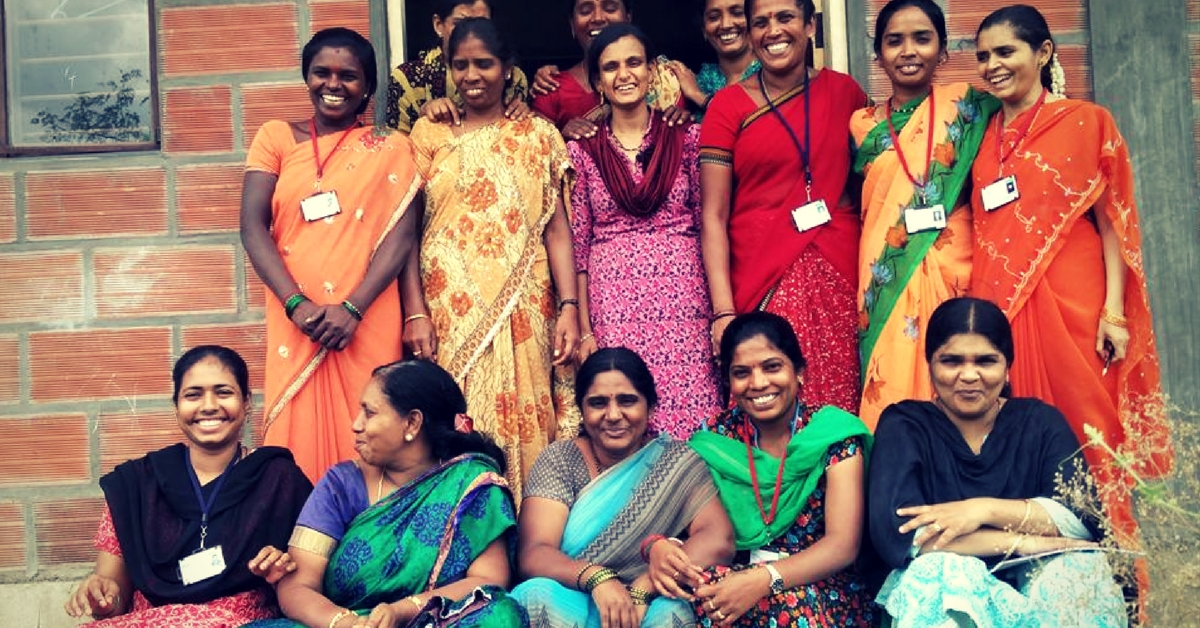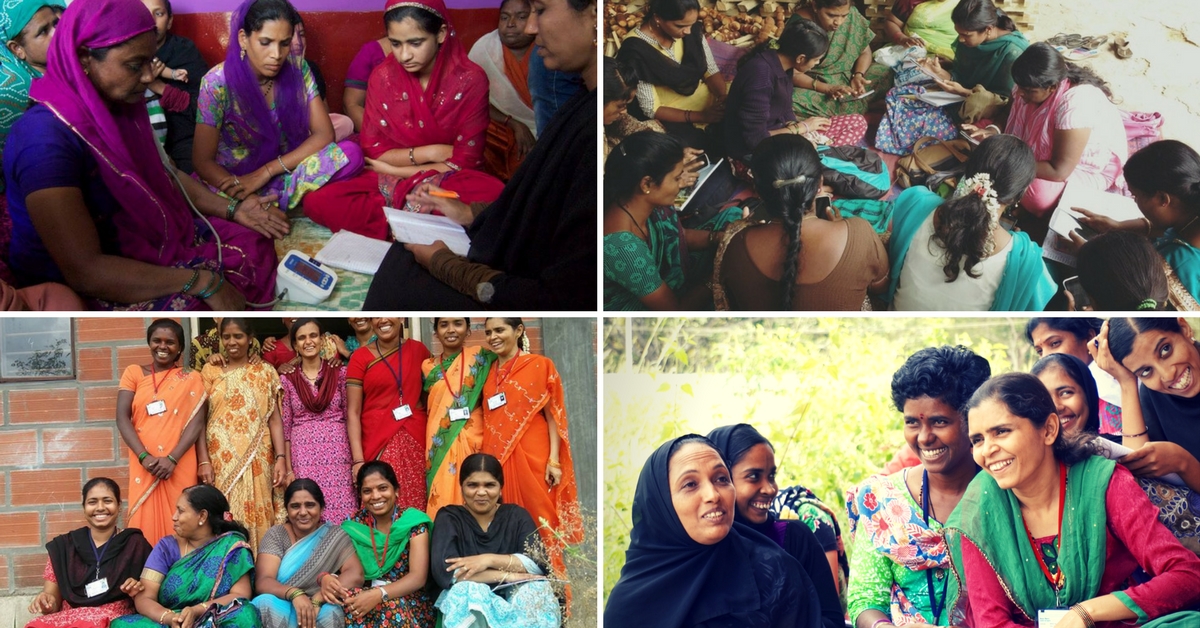The non-communicable disease (NCD) epidemic, accounts for 70% of all worldwide deaths, which means that every year, 40 million people every year die, to illnesses which could have been averted. It is a wrong perception that lifestyle diseases like diabetes occur only in urban areas. Villages need to prevent chronic non-communicable diseases (NCD’s) as well.
MAYA (Movement for Alternatives and Youth Awareness), is a Karnataka-based NGO, which is working with villages to prevent chronic NCD’s.
Usually, when a rural healthcare drive occurs, urban doctors are sent to treat villages. While this tackles the immediate problem, it isn’t a sustainable solution. Working with the Channapatna community located in the Ramnagar district of Karnataka, the team discovered that an alarming 40% of people screened suffered from diabetes and hypertension.
The NGO decided to train local rural women in public health, and empower them to provide affordable doorstep preventive health education and services in their community. The women who are trained are known as ‘Health Navigators,’ and they have overcome personal trails, societal pressures, violence and poverty, to reach their present position.

Empowering local women as Health Navigators has many favourable effects. Being known in the community, these Health Navigators are accepted and trusted readily. Also, since these women are residents, they aren’t going anywhere, and are accessible when required.
“Clients”, as the villagers are classified, had no clue about NCD’s. They had not heard of diabetes or hypertension. Today, thanks to the Health Navigators, they understand the importance of managing their diets and lifestyles.
The program is relatively simple. Screening, testing and personalised care is at home, and the villagers are comfortable because the Health Navigators are well known to them.
The Health Navigators have financial freedom and social standing as entrepreneurs within the community. Going door to door, and reaching out to over 50,000 people, they are armed with handheld devices, to enable screening, testing, diet monitoring, lifestyle counselling, referrals and delivery of products efficiently to the client’s homes. Women can order sanitary napkins at home.
The entrepreneurs work in conjunction with allied government health staff to promote health education. They track child nutrition, growth, immunisation and provide nutritional supplements at the doorsteps.
The data collected by the Health Navigators in real-time is very accurate. Every healthcare worker reaches out to more than 2000 people by foot, goes door to door and does surveys, to understand what the healthcare need is.
Over the past three years, the project has had a tremendous impact. It has managed to empower 45 Health Navigators, who cover a population of 50,000 people or 15,000 households, from low-income families in 90+ villages, in both rural and urban areas.
The project has established 3 collective enterprise of Health Navigators. Registering a client base of 9069 clients who are availing and paying for the services. This includes 7611 clients who are availing regular hypertension and blood sugar management services.
The range of services now includes primary screening for hypertension, diabetes prevention, and supply of sanitary pads.
The Health Navigators earn a good revenue, in small-town urban areas it goes up to ₹2000-2500 per month, and ₹1000-1500 per month in the villages.
You may also like:- These Delhi Youngsters Develop Affordable Coping Products to Help People With Autism
Going forward the project wishes to properly establish the micro-entrepreneurship model that creates tremendous value to the community. They wish to include more services, like maternal care, eye care, wellness for children and bettering the screening facilities, to enable early detection. The project aims to increase the Health Navigator’s income, to ₹5,000-7000 per month.
The project also wishes to compile all training modules into an audio/visual format, so prospective Health Navigators can be trained more efficiently, and quickly, to absorb them into the community. The NGO aims to better the quality of health and to deliver health services, to transform the public health landscape.
Like this story? Or have something to share? Write to us: contact@thebetterindia.com, or connect with us on Facebook and Twitter.
NEW: Click here to get positive news on WhatsApp!
If you found our stories insightful, informative, or even just enjoyable, we invite you to consider making a voluntary payment to support the work we do at The Better India. Your contribution helps us continue producing quality content that educates, inspires, and drives positive change.
Choose one of the payment options below for your contribution-
By paying for the stories you value, you directly contribute to sustaining our efforts focused on making a difference in the world. Together, let's ensure that impactful stories continue to be told and shared, enriching lives and communities alike.
Thank you for your support. Here are some frequently asked questions you might find helpful to know why you are contributing?

